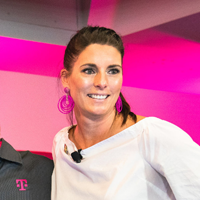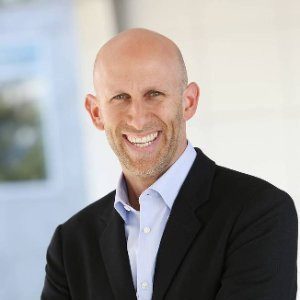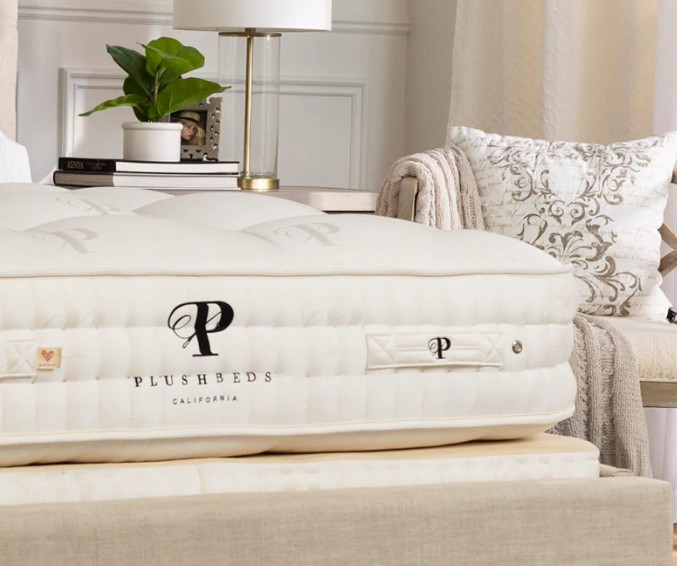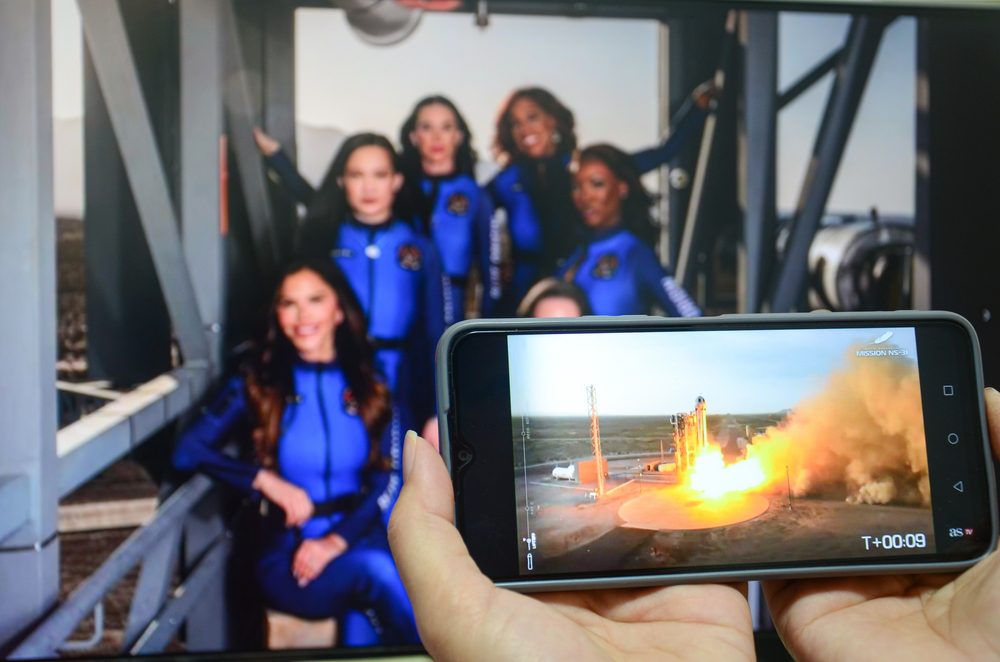Editor’s Note: This is the first in a series about marketing to the LGBTQ community.
T-Mobile is one of many brands successfully connecting with the LGBTQ community. It has been involved at various sponsorship levels with Pride events throughout the nation since 2014, and participated in nearly 80 events last year alone. Internally, the brand is a leader in diversity and inclusion, forming 50 local D&I chapters with more than 22,000 employees participating. T-Mobile is the presenting corporate sponsor of WorldPride|Stonewall 50 in June, the first WorldPride hosted in the U.S. with more than 4 million people expected to attend.

Jen Palmer is director of social marketing at T-Mobile and is also the head of the company’s Pride and Allies Employee Network Group. She shares the company’s strategy on marketing to the powerful LGBTQ community that holds immense buying power, yet demands proof of true diversity and inclusion from brands they will show loyalty to.
CHIEF MARKETER: How long have you been marketing to and supporting the LGBTQ community?
JEN PALMER: While our official diversity and inclusion programs hit their five-year anniversary in the fall of 2018, the concept of being a diverse and inclusive company has been at the heart of our culture from the beginning. We are always looking for more that can be done, which is actually one of the challenges with investing in diversity and inclusion—there is always so much more we want to accomplish.
CM: What do brands need to understand about LGBTQ marketing ?
JP: Brands have to go all-in if they want to market for diversity and inclusion. Consumers are smart, and they can see beyond the brands who are doing something just to benefit their bottom line, it has to be part of a company’s culture, at every level.
CM: How did T-Mobile build a strong connection with this community?
JP: By listening to our customers: customers who are heard, not dismissed—diverse customers across the country from every region, economic class, race, sex, creed, gender identity and sexual orientation. Our frontline employees are our best representation of who we are as a company, which makes it a great way for our customers to experience our authenticity for diversity and inclusion firsthand.
CM: How do you interact with the community from a marketing standpoint?
JP: Our priority is listening to the community, and this means that marketing approaches have to be nimble, and may change overtime. While T-Mobile’s marketing strategy started as a grassroots effort, over the years we have evolved to taking more of a proactive role celebrating with employees, our customers and the community.
CM: Do you craft messages and images specific to this community?
JP: Messaging is centered around the love of the community versus stating our value proposition. We proudly declare that T-Mobile stands with its LGBTQ employees and customers who continue to fight for equal rights for all. Our motto is “Our Pride is Unlimited and so is our Support.”
CM: What marketing channels do you use?
JP: T-Mobile meets our customers where they engage the most—whether that’s social media, advertisements, blog posts or community events. We’ve even gone as big as talking to consumers about equality during the 2018 Super Bowl by featuring a commercial with a diverse group of babies to promote our campaign, “Are You With Us?” The campaign is an invitation to people who are ready to be part of something, to join something bigger and experience more than just another wireless service.
We believe in creating a culture—at all levels—that is diverse as our customer base. This means that there is no perfect formula for marketing for everyone, but we do all that we can to show up where our customers are. Specific to LGBTQ support, this means showing up in communities, participating in Pride events and supporting our employees through our Pride and Allies Network—we’re always looking for new and fun ways to engage.
CM: Have you found that this community is extremely loyal to brands that understand it?
JP: Without a doubt, the LGBTQ community knows which brands authentically embrace them. This population has immense buying power, so companies need to be thoughtful when speaking directly to them. But, this is not just about consumer buying power—it is also about encouraging our employees and our communities to embrace inclusion and be themselves. We embrace and promote inclusion at all levels, so we can better connect to our customers. By listening to the community and understanding their needs, we can continue to show up in ways that are supportive and encouraging.
CM: What are your thoughts on diversity and inclusivity within the workplace?
JP: We believe it’s extremely important to create a work environment that is an inclusive and safe space for all employees to authentically be themselves to foster innovation and spark creativity. We have six employee Diversity and Inclusion networks and more than 50 local chapters—which means T-Mobile has one of the most robust D&I networks in the industry —with more than 22,000 employees actively participating. These networks enhance T-Mobile as a safe, accepting and exceptional workplace for all employees, and move the business forward to greater growth. As T-Mobile continues to be a leader in diversity and inclusion, it’s increasingly critical to not only know who our employees are, but also inspire and empower everyone to bring their full, true selves to work.
CM: What is the role of the Pride and Allies Network?
JP: The network provides a collaborative space for LGBTQ employees and allies to network, share experiences and have fun. In addition to my role on the marketing team, I am also the chair for the network, working with a team to help identify opportunities for professional development, develop educational programs on matters of importance to the LGBTQ community and assist the business with outreach to employees and customers.
CM: How do you determine goals for the network?
JP: We listen to our LGBTQ employees to find out how to best support them as a company, be more inclusive and supportive. We have a number of employee benefits, like transgender specific medical coverage, adoption/surrogacy benefits, paid time-off programs that align with feedback we have heard from employees. Our Pride and Allies Employee Network Group partners with HR to continually re-assess where we need to add or improve benefits policies based off of our diverse set of employees, and their preferences.
CM: What kind of reactions do you get from the LGBTQ community?
JP: One of my favorite moments of being a T-Mobile employee each year is being involved in various Pride parades alongside my colleagues, their families and the community. It is hard to explain in words—but there is a feeling of joy that you can just see in the community. But, at the same time, you think about how far we have come, and all the work still to be done.

 Network
Network

